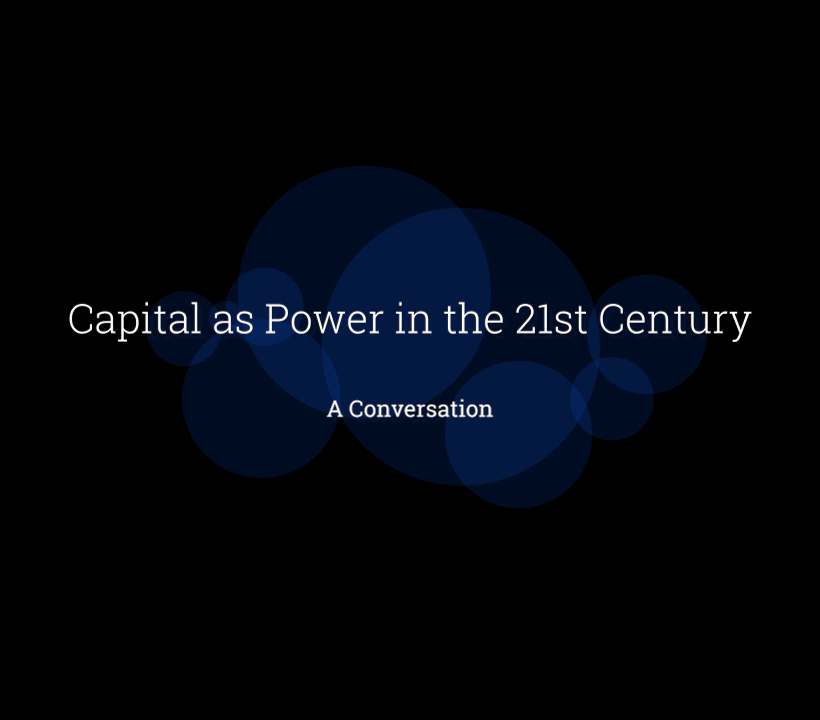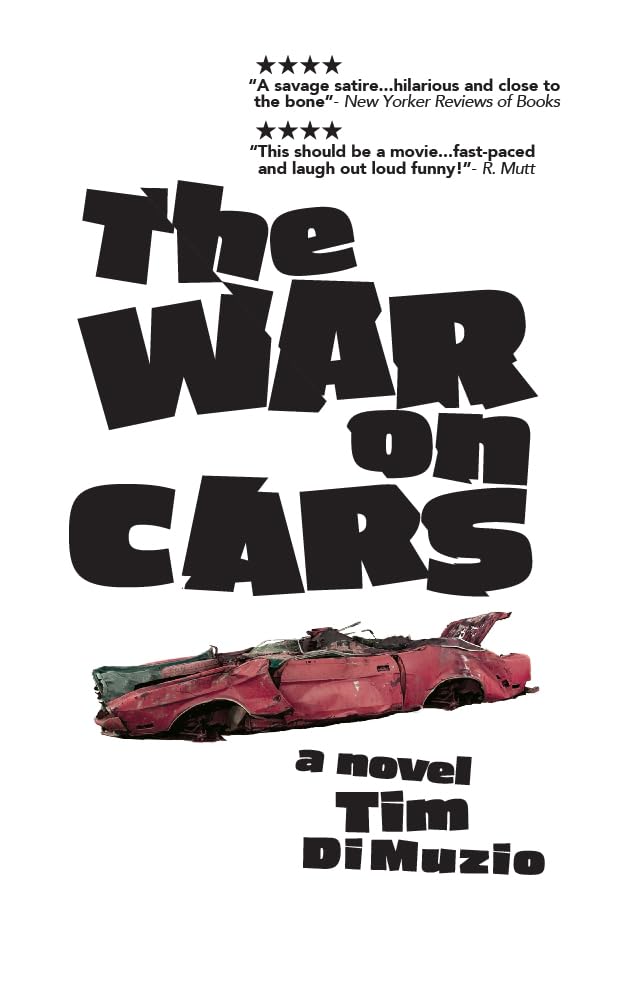Abstract El 3 de diciembre de 2024, Michael Hudson se reunió con los investigadores del capital como poder Jonathan Nitzan, Tim Di Muzio y Blair Fix para discutir las intersecciones entre sus dos líneas de investigación. Lo que sigue es una transcripción de la conversación. Vídeo de YouTube (inglés): https://www.youtube.com/watch?v=tBOU4xBg2pA Citation El capital como poder […]
Continue ReadingCapital as Power in the 21st Century
Capital as Power in the 21st Century A Conversation MICHAEL HUDSON, JONATHAN NITZAN, TIM DI MUZIO, and BLAIR FIX February 2025 Abstract On December 3, 2024, Michael Hudson met with capital-as-power researchers Jonathan Nitzan, Tim Di Muzio, and Blair Fix to discuss the intersections between their two lines of research. What follows is a transcript […]
Continue ReadingDi Muzio, ‘The War on Cars’
Abstract In the face of the impending climate emergency, an anonymous manifesto surfaces online by the mysterious El Grillo declaring a war on cars. As the manifesto spreads around the world, activists from all over the globe begin to destroy private automobiles. As the cornerstone of modern civilization comes under increasing threats, government, and industry […]
Continue ReadingDi Muzio & Dow, ‘Re-Considering the Origins of the Climate Emergency: War, Finance, and the State’
Abstract One of the most important and recurring debates in the field of International Political Economy and international affairs are the links between capitalism, fossil fuel energy and climate change. In these debates, the origins of our current climate emergency are rooted in how Britain became the first country to become reliant on mass production […]
Continue ReadingThe Aggregate Demand Problem in Capitalism Solved
Tim Di Muzio Any student of capitalism knows it is a distinct economic system prone to periodic crises. These crises come in many forms and are typically studied after the fact, as the work of Kindleberger and others have demonstrated. But one of the largest mysteries in political economy is the problem of aggregate demand. […]
Continue Reading




